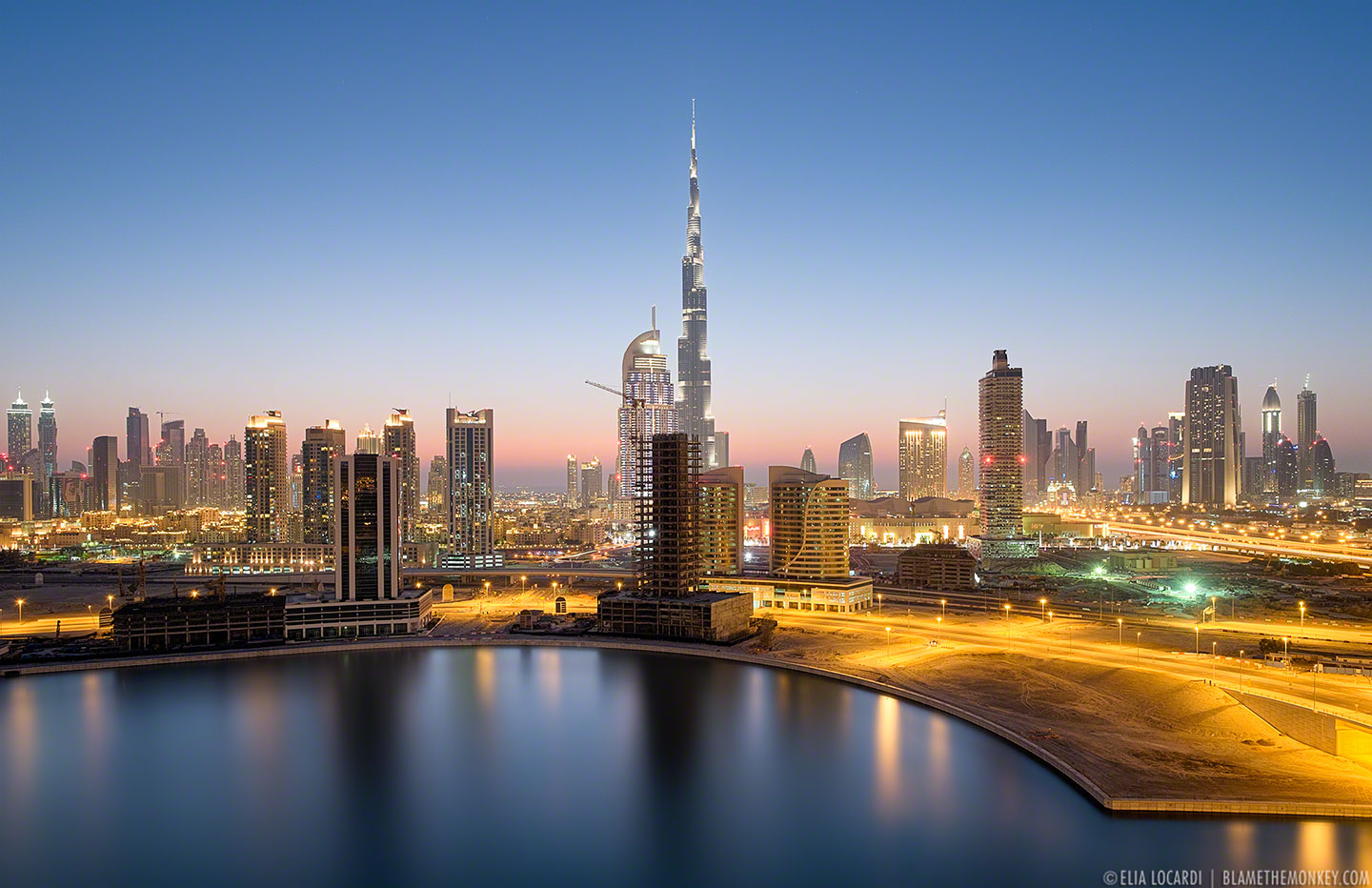Jacob Zuma Says Corruption Allegations Were a Conspiracy to Oust Him
CAPE TOWN — Jacob Zuma, the former president of South Africa whose tenure was marred by scandals, told a high-profile corruption inquiry on Monday that he was the victim of a long-running smear campaign, and had been “vilified” and “alleged to be the king of corrupt people.”
“There has been a drive to remove me from the scene, a wish that I should disappear,” he said, in his first appearance before the commission, which is looking into accusations that he enabled the plundering and misuse of state resources.
Under Mr. Zuma’s leadership, the governing African National Congress became embroiled in what South Africans have come to know as “state capture” — corruption at the highest levels of government, for the benefit of wealthy private interests and A.N.C. officials.
In a long, meandering statement on Monday, Mr. Zuma, 77, invoked what he said were multiple conspiracies against him, and argued that the entire concept of state capture had been exaggerated in a campaign to oust him from power.
He went on to claim that spies from the former apartheid government and two unnamed foreign intelligence agencies had begun plotting against him in the early 1990s. And he said he had survived multiple assassination attempts, including a suicide bombing.
The commission, chaired by Judge Raymond Zondo, has brought to light stupefying accusations of graft, including multimillion-dollar cash bribes being paid “like monopoly money” to senior A.N.C. leaders.
South Africans had keenly awaited the testimony in Johannesburg of Mr. Zuma, who had not yet given a public account of his conduct while president, from 2009 to 2018. It was not clear until Monday whether Mr. Zuma, a dogged political fighter, would cooperate with the commission; he had promised only that he would “go there and see.”
There was a risk that Mr. Zuma would instead use the public platform to embarrass his rivals in the A.N.C., including President Cyril Ramaphosa, who ousted Mr. Zuma while promising to stamp out corruption.
Political allies of Mr. Ramaphosa, including his deputy, David Mabuza, have been linked to corruption scandals of their own, and Mr. Ramaphosa has himself been accused of receiving bribes from Bosasa, a company that has featured heavily in the commission’s inquiry.
“I hope people are not opening a can of worms which they might regret,” Mr. Zuma warned on Twitter in March, after a damning report from Mr. Ramaphosa’s office.

In his remarks on Monday, Mr. Zuma accused Ngoako Ramatlhodi — a former government minister and ally who testified earlier during the commission that Mr. Zuma had “auctioned” his executive authority to an Indian business family, the Guptas — of having been a spy for the former apartheid government.
Responding to the local news media, Mr. Ramatlhodi strongly denied the charge and challenged Mr. Zuma to a lie-detector test.
Among other allegations, Mr. Zuma is accused of abusing state funds to lavishly upgrade his private home; steering lucrative government contracts to the Guptas; and dismantling key state institutions to allow unfettered looting of the treasury, in some cases with the help of consulting firms like Bain and McKinsey.
After insulating himself against prosecution for years, Mr. Zuma has also been formally charged over his role in a multibillion-dollar arms scandal in the late 1990s.
Referring to the Guptas as “friends,” Mr. Zuma said on Monday that the former presidents Nelson Mandela and Thabo Mbeki had also been close to the family. “There is absolutely nothing wrong,” he added.
But other witnesses have told the commission that the Guptas wielded extraordinary, inappropriate power over government decision making. Members of Mr. Zuma’s cabinet have testified that the Guptas offered them high-ranking government posts, including that of finance minister — in one case, in the presence of Mr. Zuma’s son, Duduzane, a business partner of the family.
Mr. Zuma is scheduled to appear before the state capture commission until Friday. But from the start there were signs that he would not surrender easily.
When questioned by Paul Pretorious, the leader of the commission’s legal team, Mr. Zuma frequently stalled, clearing his throat, or professed to have forgotten the events being discussed.
On Sunday, he had taken to Twitter, where he has amassed a large following since being ousted from the presidency. He used the platform to mock three older white protesters who were filmed chanting “Zuma must go” during nationwide protests in 2016.
“I thought I should brighten up your day,” Mr. Zuma wrote. In a video of his own, he parodied the protesters, bursting into a characteristic laugh.
As his testimony was broadcast live on Monday, supporters of the former president could be heard cheering loudly outside the building. Mr. Zuma remains popular among many South Africans, particularly in his home province, KwaZulu-Natal.























